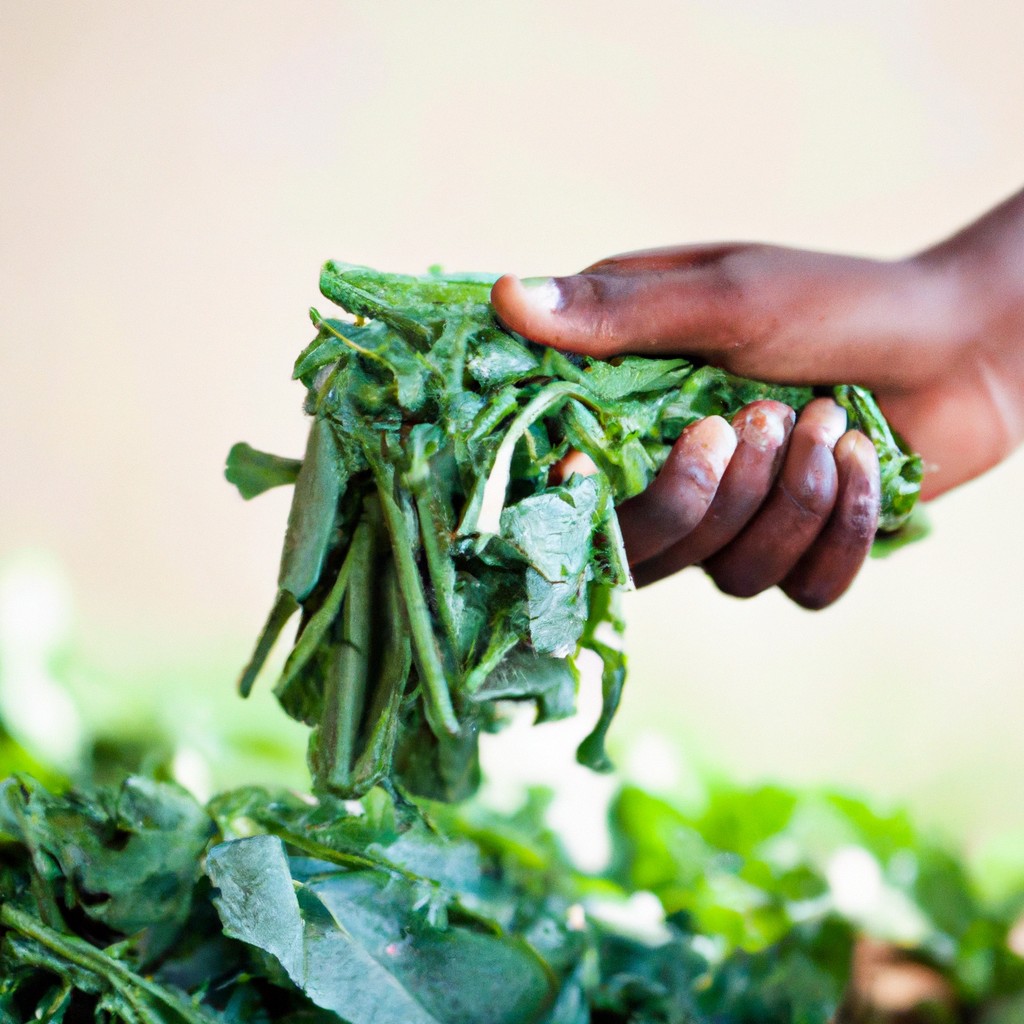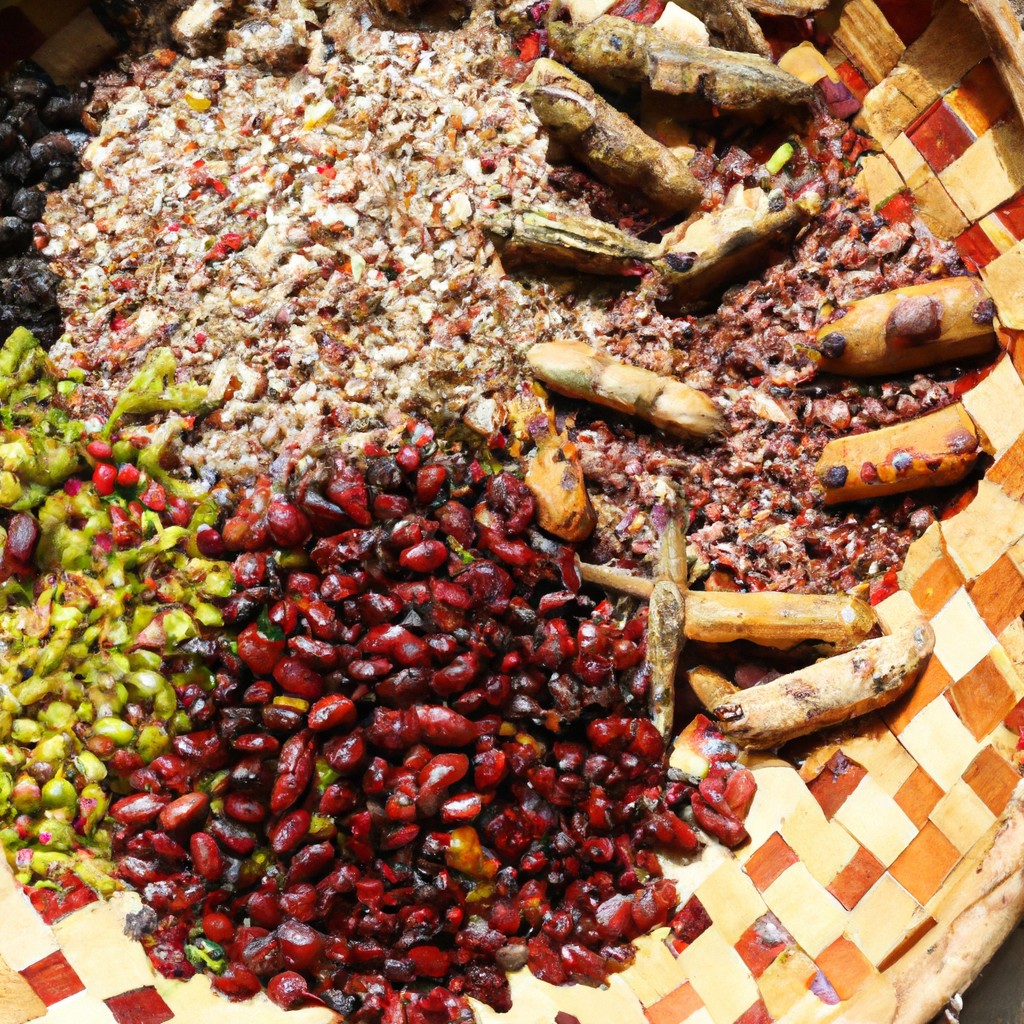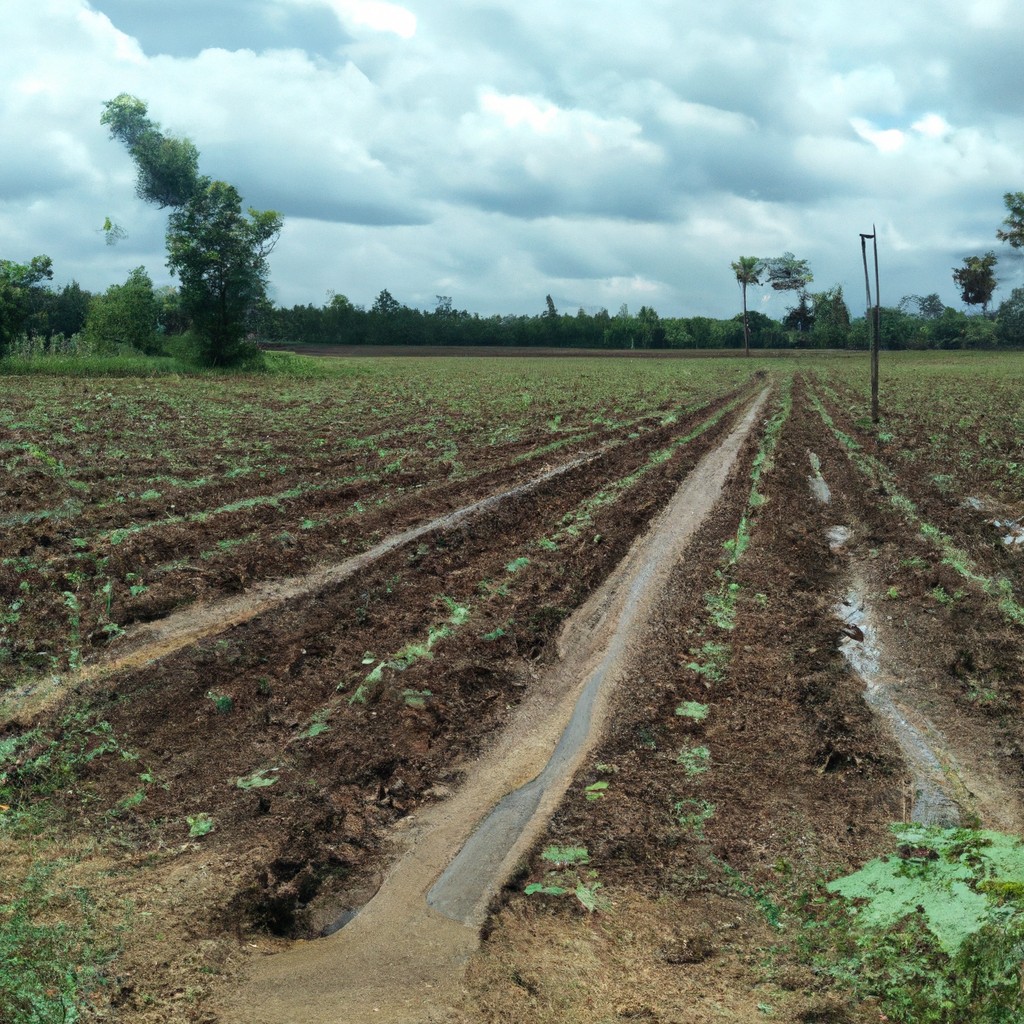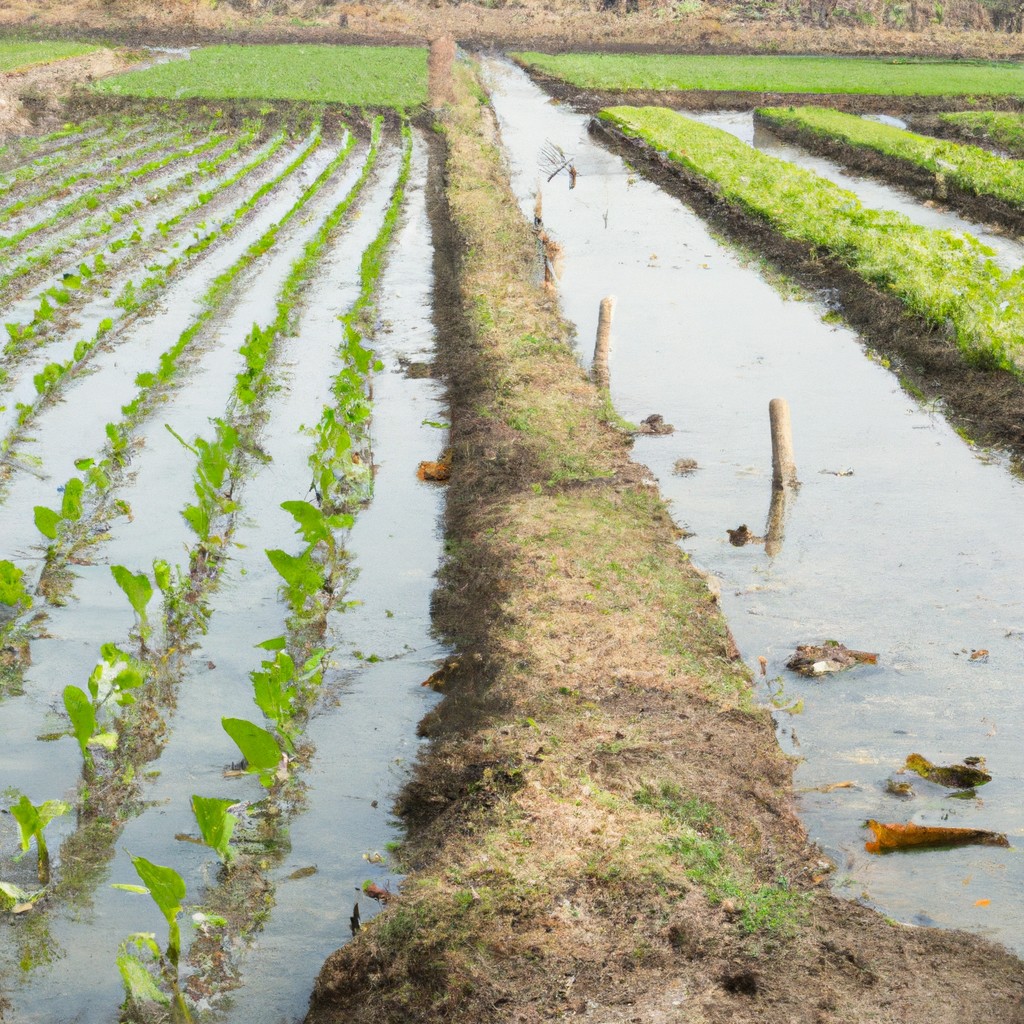This article provides information on scholarships available for students pursuing a future in agriculture, detailing eligibility criteria, application processes, and types of financial support offered.
Look Inside:
Types of Agriculture Scholarships

Scholarships in agriculture vary widely, catering to different specialties within the field. Some scholarships focus on crop production and sustainable farming practices, supporting students who aim to innovate in crop management and conservation. Others may target future livestock specialists, providing funding for students interested in animal husbandry and veterinary sciences.
Additionally, there are scholarships specifically designed for research in agricultural technology. These scholarships help cultivate a new generation of professionals who will advance farming techniques using modern technology.
Further, students with an interest in food security and agricultural policy might find scholarships that support studies in agricultural economics or agribusiness, preparing them for roles that influence food policy and distribution networks.
Each type offers a unique opportunity to delve into various aspects of agriculture while alleviating some of the financial burdens associated with higher education.
Eligibility Requirements for Agriculture Scholarships
To be considered for most agriculture scholarships, applicants must meet specific criteria that often vary between different programs. Here are some common eligibility requirements:
- Educational Background: Candidates typically need to be enrolled in or planning to attend a college or university with a focus on agriculture, horticulture, or a related field.
- Academic Achievement: A strong academic record is crucial. Many scholarships require a minimum GPA, usually around 3.0 or higher, to qualify.
- Commitment to Agriculture: Demonstrating a passion for and commitment to the field of agriculture can be as important as academic performance. This might include involvement in agricultural clubs, societies, or community service projects.
- Residency and Citizenship: Some scholarships may have restrictions based on the applicant’s residency or citizenship status, catering either to specific states or nationalities.
Understanding these requirements will help you identify the scholarships for which you are best suited and increase your chances of success.
How to Apply for Agriculture Scholarships
Start by collecting all necessary documents, such as transcripts, letters of recommendation, and proof of enrollment in an agriculture-related program. Many scholarships require a personal statement or essay that showcases your passion for agriculture and your educational goals.
Next, check the specific requirements for each scholarship. Some might request additional essays, portfolios, or even a project proposal related to agricultural studies. Staying organized with a checklist can help you track these requirements and ensure you don’t miss any critical deadlines.
Finally, submit your applications early. Avoid waiting until the last minute as technical issues or missing documents can arise. Early submission not only demonstrates your eagerness but also gives you a buffer to rectify any potential errors in your application.
Deadlines for Agriculture Scholarships
Keeping track of deadlines is crucial to ensure you don’t miss out on funding opportunities. Most agriculture scholarships have specific application windows, usually annually or by semester, so it’s important to mark these on your calendar well in advance.
Start by creating a timeline once you identify the scholarships you’re interested in. Many organizations stick to a consistent deadline each year, such as the first of March or mid-October. Checking the previous year’s deadline can give you a good indication if the current year’s specific date hasn’t been announced yet.
Always aim to submit your application at least a week before the deadline. This buffer can save you from last-minute technical issues or other unexpected delays. Remember, early submission not only shows your keen interest but can sometimes give you an advantage if the selection committee reviews applications on a rolling basis.
Double-check everything. Mistakes can happen when you’re rushing to meet a deadline. Take the time to review your application documents thoroughly to ensure that everything is in order before submission. This attention to detail can make the difference between securing funding and missing out.
Tips for Winning Agriculture Scholarships
Crafting a standout application can significantly boost your chances of securing an agriculture scholarship. Start by highlighting any hands-on experience you have in farming or gardening. Demonstrating a practical knowledge of agriculture shows commitment and passion beyond theoretical interest.
Secondly, maintain a strong academic record, especially in science and math subjects, which are crucial in agricultural studies. This shows your ability to handle the technical aspects of the field.
Lastly, build relationships with your teachers and mentors in the agriculture field. Their recommendations can provide credible endorsements of your skills and character, and often, their insights can steer you toward lesser-known scholarship opportunities that could be a perfect fit.




